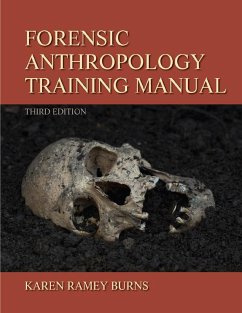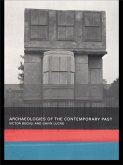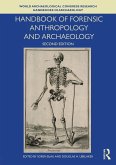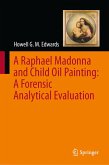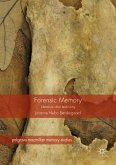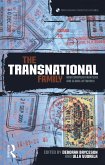The first chapter informs judges, attorneys, law enforcement personnel, and international workers of the information and services available from a professional forensic anthropologist. The first section (Chapters 2-11) is a training guide to assist in the study of human skeletal anatomy. The second section (Chapters 12-17) focuses on the specific work of the forensic anthropologist, beginning with an introduction to the forensic sciences. The book provides basic information on successfully collecting, processing, analyzing, and describing skeletal human remains.
Dieser Download kann aus rechtlichen Gründen nur mit Rechnungsadresse in A, B, BG, CY, CZ, D, DK, EW, E, FIN, F, GR, HR, H, IRL, I, LT, L, LR, M, NL, PL, P, R, S, SLO, SK ausgeliefert werden.

